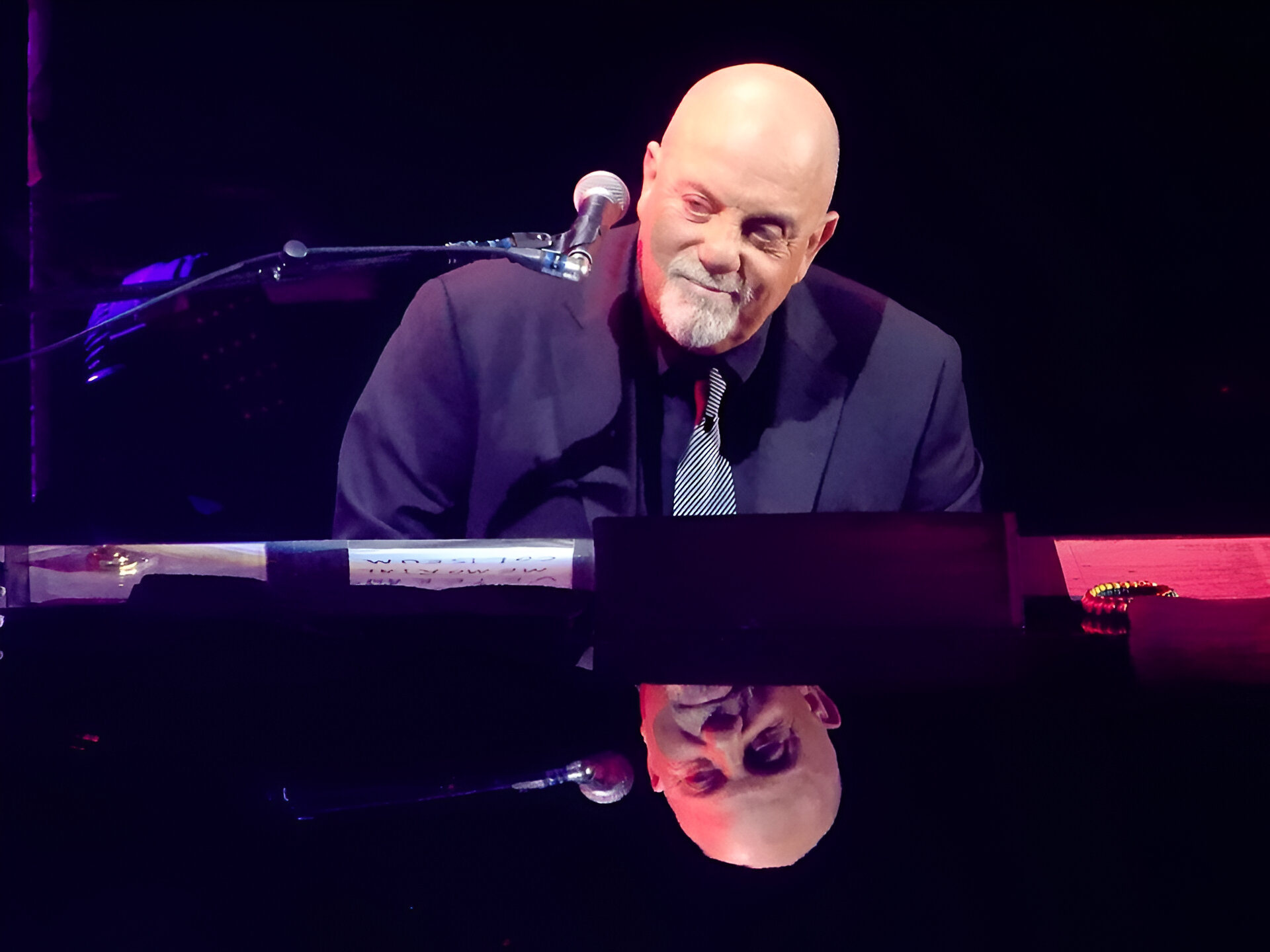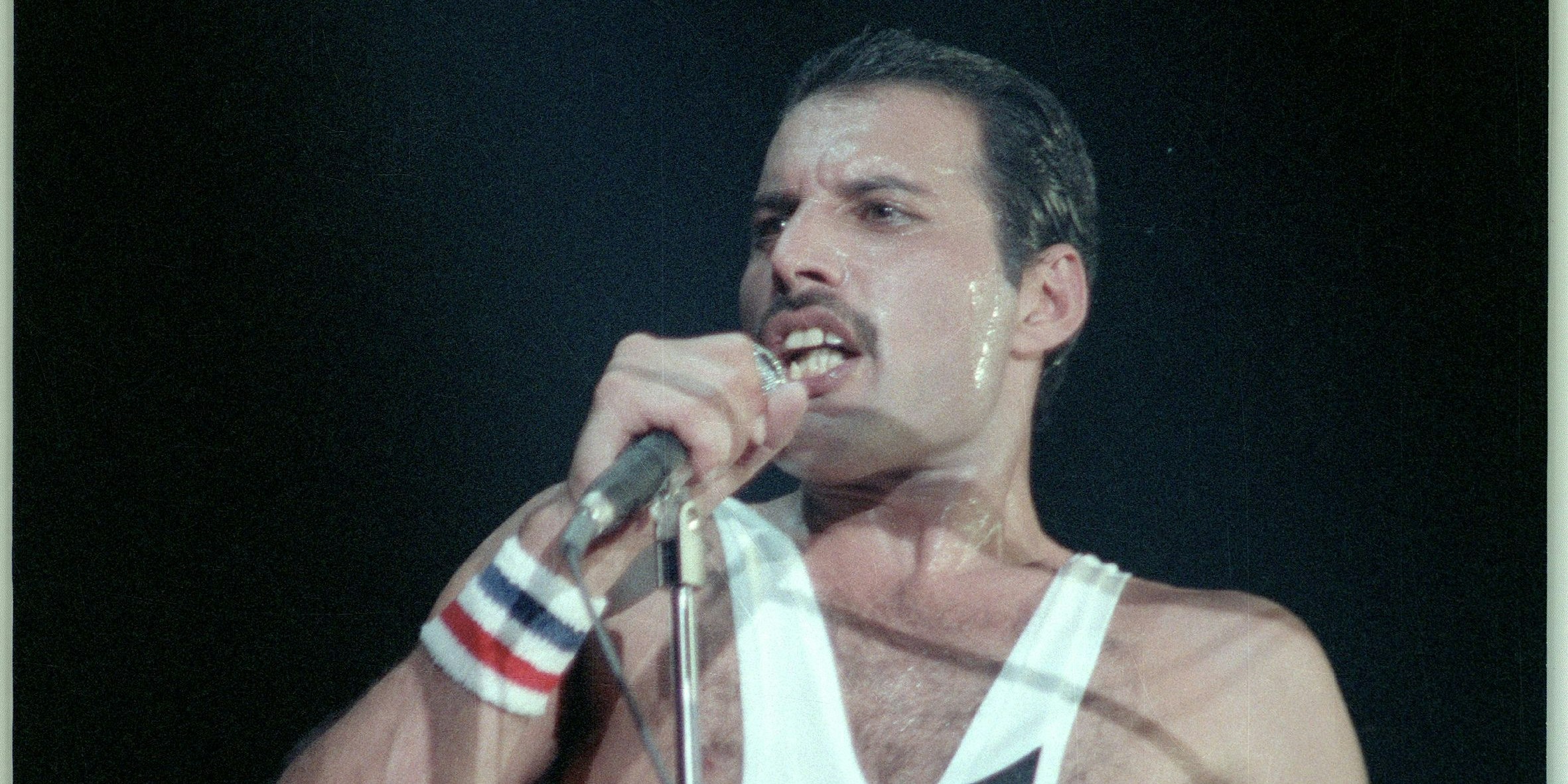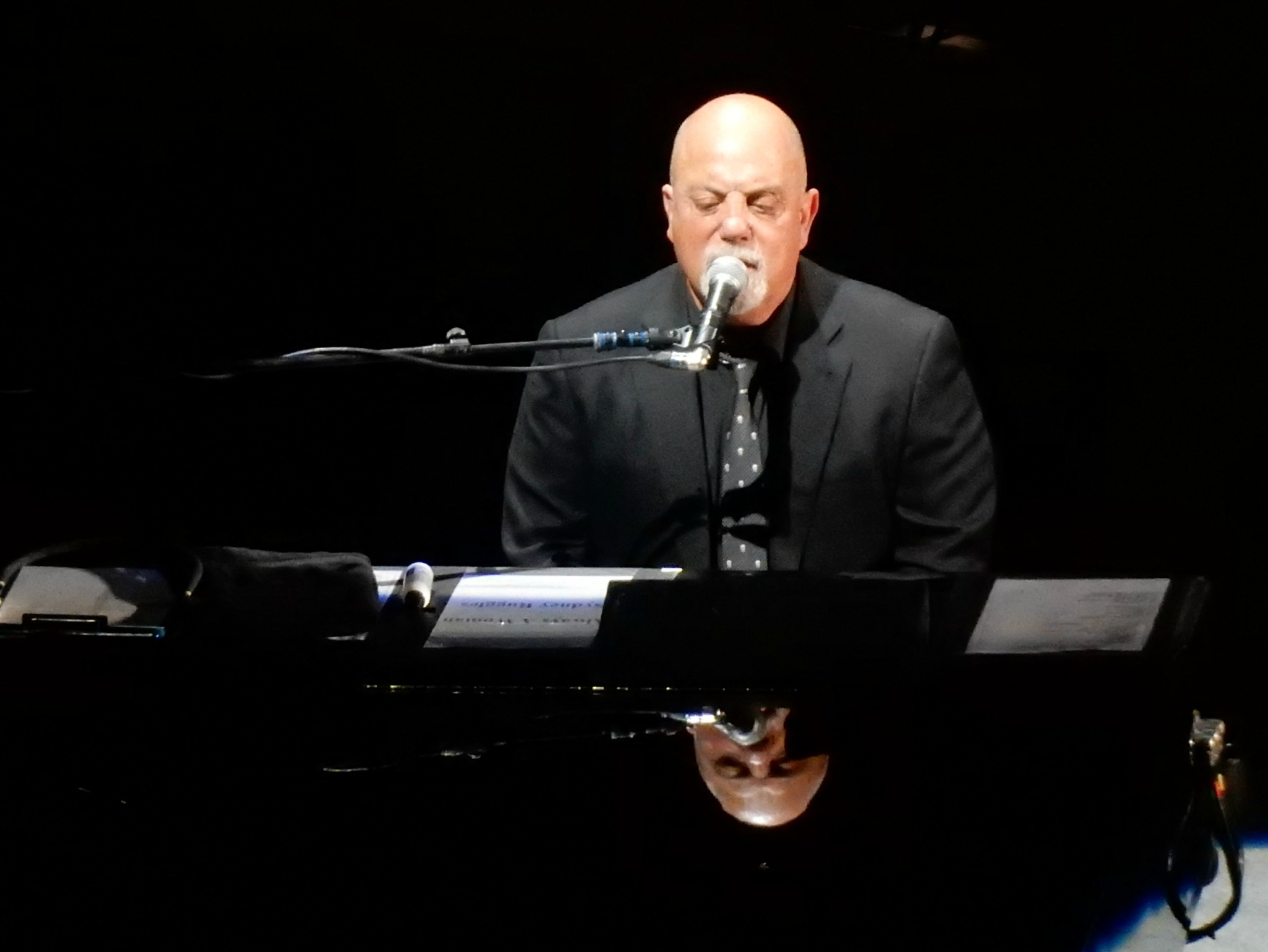The music business has always been eager to write obituaries for aging legends—especially male ones who dare to show physical vulnerability in an industry that worships youth and fabricated perfection. The latest target? Billy Joel, whose stage tumble triggered the exact kind of health speculation reserved for artists who’ve crossed the unforgivable threshold of 70.
At 75, the songwriter behind “Vienna” needed surgery and—gasp—actually chose recovery over rushing back to perform. Revolutionary, right? In a world where artists half his age cancel tours citing “exhaustion” while documenting perfectly curated vacations on Instagram, Joel’s honesty feels almost radical.
The February footage showing him losing balance during “Still Rock and Roll to Me” at a Connecticut concert spread across social media platforms with remarkable speed. The online sphere quickly filled with amateur diagnostics, each comment more concerned than the last. You know how it feels when strangers discuss someone’s health status like they’re medical experts after watching a 30-second clip? That energy.
Reality Check
Meanwhile, Sailor Brinkley-Cook, Joel’s god-daughter, stepped in with the kind of blunt reality check that punctures media narratives like a needle to a balloon.
“He’s doing great,” she told Us Weekly. “He’s totally healthy and it’s just some things he has to deal with.”
Her confirmation that Joel remains “totally healthy” exposed how quickly outlets default to writing premature health narratives—treating setbacks among older artists with undue speculation. The supposed concerns about his condition seemed misplaced when considering the family’s confident statements about his recovery.
Timeline Tells Truth
The most glaring evidence against the “health crisis” storyline? Joel’s rescheduled tour dates. The shows now launch July 5, 2025, at Pittsburgh’s Acrisure Stadium—hardly the schedule of someone facing serious long-term health issues.
For an artist who crystallized the art of waiting in “Vienna,” Joel seems uninterested in dragging out his absence. The relatively quick return reveals the medical assessment that some speculation conveniently ignored: recovery looks promising.
In his official statement, Joel expressed that while he regretted postponing shows, his health must come first. He looked forward to returning to the stage and sharing the joy of live music with fans, thanking them for their understanding. His personal life, especially alcohol’s role in his past relationships, has also resurfaced in recent discussions.
The statement reads as refreshingly straightforward in an era when artist communications often feel heavily processed. No PR spin about “creative differences” or “exploring new directions”—just a human needing healing.
Generational Resilience
Joel’s postponed Detroit show with Stevie Nicks (now rescheduled for November 15, 2025) represents something increasingly rare: artists who began their careers when music was physical, tangible, collectible—surviving into the algorithmic age where songs function primarily as content.
While some contemporaries never adapted to changing industry demands, others like Nicks and Joel have navigated aging with dignity. They’ve rejected both desperate attempts at youth-chasing and bitter resignation.
After decades insisting “Only the Good Die Young,” Joel appears intent on disproving his own thesis through practical self-care rather than reckless commitment to touring schedules. His approach stands in contrast to the music industry’s sometimes disposable relationship with both young and aging artists.
For a man whose catalog documents five decades of American experience, this isn’t the final track. While tour dates shift and health needs attention, one truth remains: the Piano Man still has plenty of melodies left to play, regardless of what some premature speculation might suggest.


























